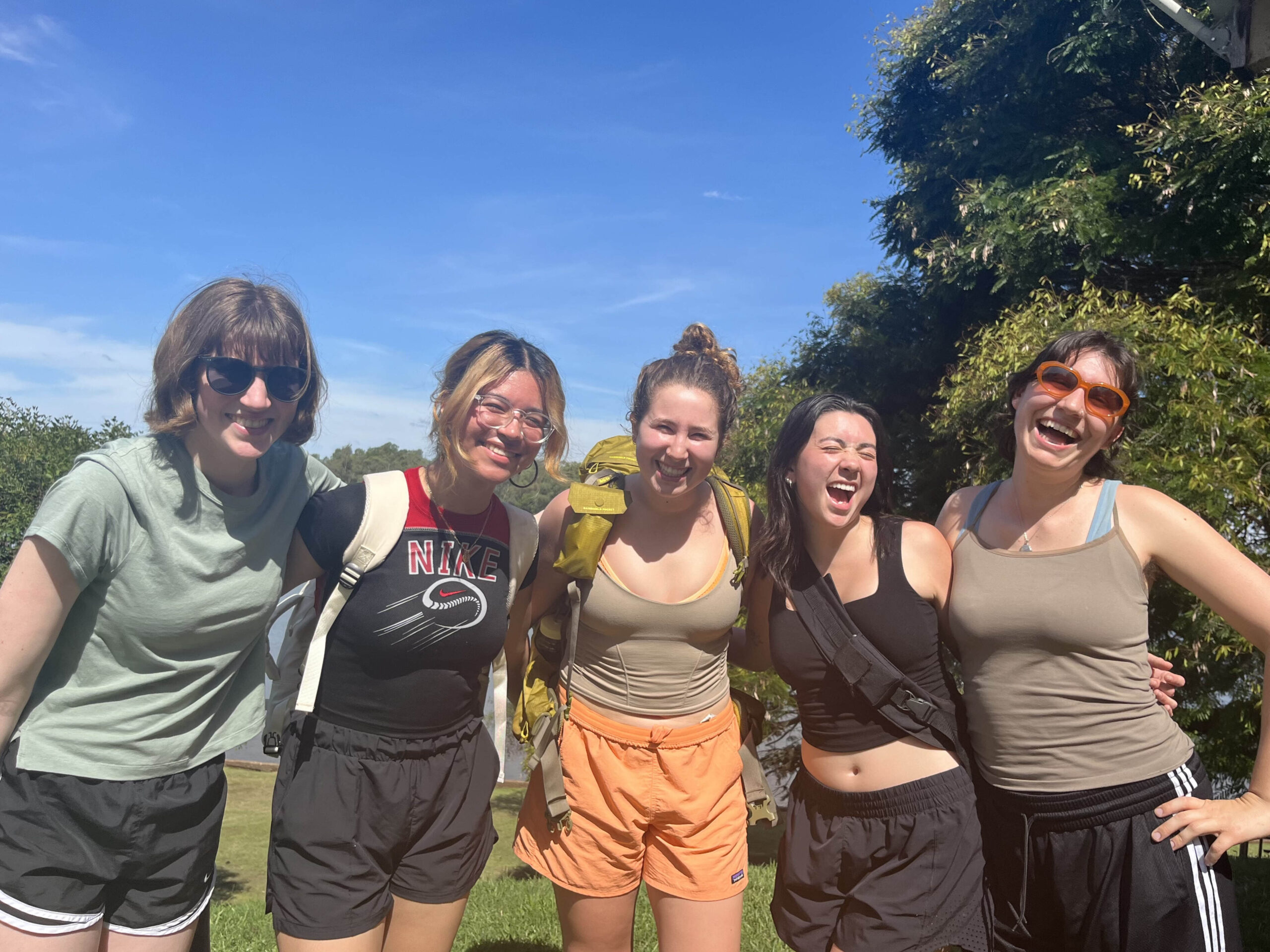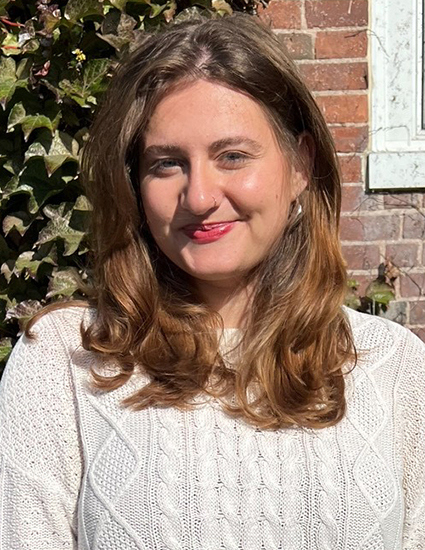Five Favorite Words I Learned in Buenos Aires


A common response I got from other Spanish-speakers when I told them I would be studying abroad in Argentina was some approximation of “wow, how brave.”
Argentina is notorious for its specific dialect of Spanish and distinct accent. With this came a wealth of new vocabulary, far beyond the Spanish I learned in school in the United States. Here are the five most meaningful words I learned during my time abroad:

Tema/temazo. Tema is an Argentine Spanish word for song. It literally translates to “theme.” Temazo is the word for a particularly great song.
I made it a goal to immerse myself in the music scene of Buenos Aires, from going to the world-famous Lollapalooza music festival to seeing indie musicians play in local venues like Centro Cultural Konex. A song that made me truly understand what sets a temazo apart from a tema was “Perfecta” by the band Miranda.
Monografía. You know you’re in a new culture when you ask for the English translation of a word and you still don’t know what it means. Monografía translates directly to monograph, which is the most common kind of written exam in Argentina’s university system.
A monograph is kind of like one long essay question that sums up most of the readings of a course to demonstrate understanding. To learn more about how to succeed at this type of exam, IFSA held workshops for students with professors and other academic professionals. I was really proud to do well on my monographs after learning alongside local students at the University of Buenos Aires (UBA).
Paro. In school, I learned the word huelga, but paro is Argentina’s word for strike. Over the course of this semester, professors, students, and staff at public universities across the country went on strike. This was a collective response to the recently elected far-right government’s stance against public education and threats to defund it. At UBA, these protests took many forms: professors conducted classes outside and took part in paros generales (strikes), and hundreds of thousands of people protested in Plaza de Mayo on April 23.
UBA is one of the most prestigious universities in all of South America. The majority of Argentina’s Nobel Prize recipients are UBA graduates. More importantly, the accessibility of public education throughout the country plays an enormous role in breaking down financial barriers and disrupting the cycle of poverty. Because of this, defending public education is one of the most pressing issues in Argentine politics.
Hincha. It’s no secret that Argentina takes soccer very seriously. They have the most World Cup champion players of any other country in the world!! Hincha is the Argentine word for a superfan. During orientation, IFSA staff explained that there are two famous rival soccer clubs in Buenos Aires: River Plate and Boca Juniors. Across the city, you can see people repping their team with all kinds of merch.
Lunfardo. Lunfardo is the Spanish word for slang from Buenos Aires, Argentina, and Montevideo, Uruguay. The word has Italian origins and dates back to the 19th century, when Argentina and Uruguay saw a huge wave of European immigration. However, Lunfardo isn’t just made up of Hispanicized Italian words, but also many words from African and indigenous languages. I learned a lot of Lunfardo living with my host mom, Beatriz, who introduced me to most of the new vocab I learned in Argentina. Some of my favorite Lunfardo words are: canchero/a, fiaca, and piola.
Learning some of the regional dialect empowered me to feel confident speaking and putting myself into situations outside of my comfort zone. The more I challenged myself, the more I learned, and the better equipped I was to communicate and challenge myself some more! Being part of an immersive language program vastly improved my Spanish because every single new word or phrase had real-world context associated with it. Not only am I coming back to the U.S. with a more extensive vocabulary, I’m also bringing with memories and experiences that have had a profound impact on my life.
Olivia S. | Smith College | IFSA Argentine Universities Program | Spring 2024